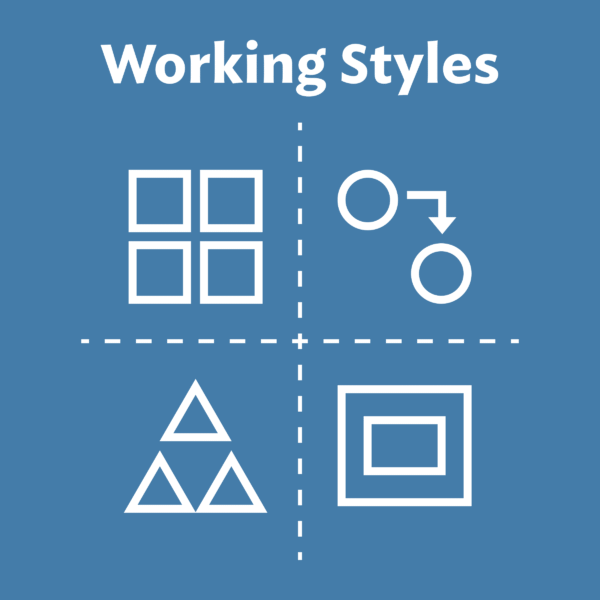Infidelity is one of the most painful challenges a relationship can face. While not every suspicion means your partner is cheating, certain behavioral changes can raise red flags. Research in psychology shows that sudden shifts in communication, routines, or emotional patterns may signal deeper issues. Recognizing these signs doesn’t automatically confirm cheating, but it can help you better understand your relationship and decide how to address your concerns.
Here are some common indicators that may suggest your partner is being unfaithful.
1. Sudden Changes in Communication
If your partner avoids conversations, gives vague answers, or becomes unusually defensive when asked simple questions, it could indicate something is being hidden. Open communication is a foundation of healthy relationships, and sudden silence can be a warning sign.
2. Guarding Their Phone or Devices
A partner who suddenly becomes secretive with their phone—changing passwords, keeping it face down, or stepping away to take calls—may be trying to conceal something. While privacy is normal, drastic changes in digital behavior can raise suspicion.
3. Unexplained Changes in Schedule
Cheating partners often adjust their routines, such as staying late at work, making frequent unexplained trips, or suddenly becoming unavailable at times they used to be free. If these schedule changes lack clear explanations, they may be worth questioning.
4. Emotional Distance
Emotional withdrawal is a key red flag. If your partner no longer shares their feelings, avoids deep conversations, or seems detached from the relationship, it may suggest their attention is directed elsewhere.
5. Decline in Affection and Attention
A noticeable drop in affection, kindness, or effort in the relationship can signal trouble. While stress or personal issues can also cause this, a consistent decline without explanation could mean their focus has shifted.
6. Increased Criticism or Arguments
Sometimes, a partner who feels guilty may project their feelings onto you. They might become more critical, easily irritated, or pick unnecessary fights as a way of justifying their actions internally.
7. Sudden Interest in Appearance
A renewed focus on appearance—such as buying new clothes, working out more, or changing personal style—can be positive. But if these changes happen suddenly without reason, they could indicate an effort to impress someone new.
8. Strange Financial Activity
Unusual spending patterns, unexplained receipts, or hidden transactions can suggest your partner is using money in ways they don’t want you to know about. Financial secrecy is often linked to covering up affairs.
9. Unusual Stories or Excuses
If you notice inconsistencies in your partner’s stories, such as unclear details about where they were or who they were with, it may be a sign they’re not being honest. Repeated vague or conflicting explanations often point to deception.
10. Gut Feeling and Intuition
Sometimes, the strongest sign is your own intuition. While it’s important not to jump to conclusions, people often notice subtle shifts in their partner’s behavior that don’t feel right. Trusting your instincts while seeking clear evidence can guide your decisions.
What to Do If You Suspect Cheating
Before confronting your partner, reflect on whether the signs you’ve noticed could be explained by other factors, such as stress, work pressure, or personal struggles. If the signs persist and your concerns grow, consider having an honest, calm conversation. Approaching the situation respectfully can open the door to clarity. In some cases, seeking help from a relationship counselor can provide guidance.
Final Thoughts
Suspecting a partner of cheating is never easy, and it’s important to balance caution with fairness. While the signs listed above may point toward infidelity, they don’t confirm it on their own. The healthiest step is open communication, where both partners can express their feelings and concerns honestly. Ultimately, relationships thrive on trust, and addressing doubts early is key to either rebuilding connection or deciding the best path forward.




Sign up